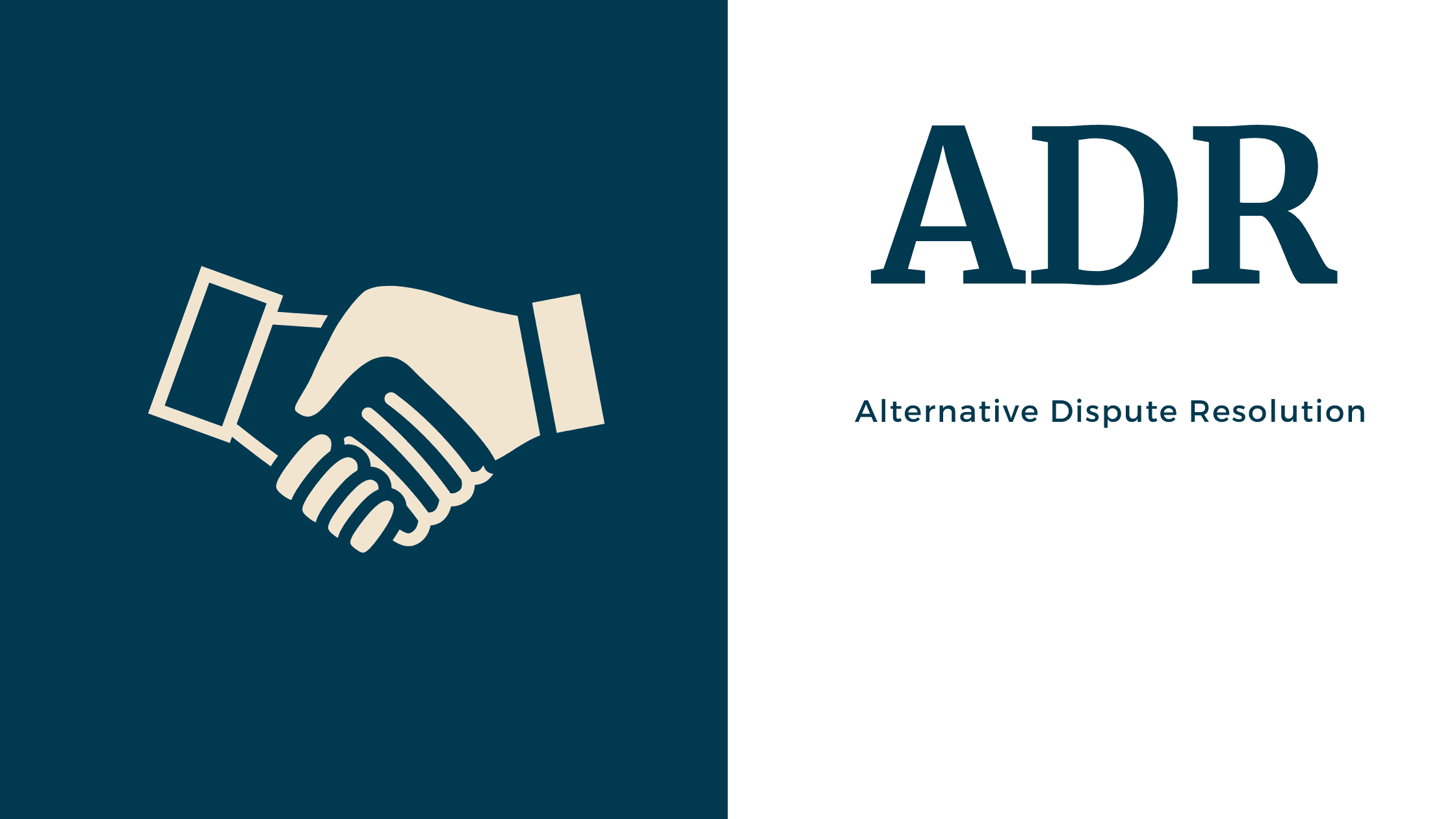
Resolving Conflicts Amicably: Insights into Alternate Dispute Resolution
In today’s fast-paced legal environment, litigation can often be time-consuming, costly, and emotionally draining. Alternate Dispute Resolution (ADR) provides an effective and efficient means to resolve disputes outside traditional courtrooms. By focusing on collaboration, negotiation, and mutual agreement, ADR helps parties achieve fair outcomes while preserving relationships and reducing legal expenses.
Understanding Alternate Dispute Resolution
ADR encompasses various mechanisms that allow disputes to be settled without formal litigation. Key methods include:
Arbitration: A neutral third party (arbitrator) makes a binding decision after evaluating the dispute.
Mediation: A mediator facilitates discussion between parties to reach a voluntary, mutually acceptable resolution.
Negotiation: Direct dialogue between parties to settle disputes amicably.
Conciliation: A conciliator proposes solutions and helps parties resolve conflicts cooperatively.
These processes emphasize flexibility, confidentiality, and speed, making them attractive alternatives to prolonged court battles.
Benefits of ADR
Time and Cost Efficiency: ADR avoids lengthy litigation and reduces legal fees.
Preservation of Relationships: Promotes amicable solutions, especially in commercial or family disputes.
Confidentiality: Disputes are resolved privately, protecting business and personal reputations.
Control and Flexibility: Parties actively participate in shaping the resolution process.
Expert Decision-Making: Arbitrators or mediators with subject-matter expertise ensure fair and informed outcomes.
Legal Framework in India
ADR is recognized under various Indian laws, including:
Arbitration and Conciliation Act, 1996 – governing arbitration and conciliation procedures.
Civil Procedure Code (CPC), Section 89 – encouraging settlement through ADR.
Specific legislation in sectors like corporate disputes, family law, and consumer matters.
Conclusion
Alternate Dispute Resolution offers a practical, flexible, and effective way to resolve disputes while saving time, cost, and emotional strain. By fostering cooperation and fairness, ADR enables parties to resolve conflicts amicably, protecting relationships and ensuring justice in a streamlined manner. Whether in commercial, civil, or family matters, ADR remains a powerful tool for achieving equitable solutions outside the courtroom.
All Categories
Recent Posts
Custody No More: A Practical Guide to Bail Matters
Tags





